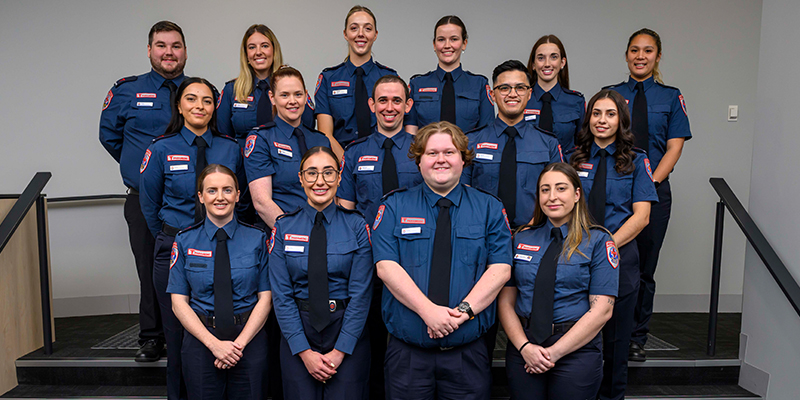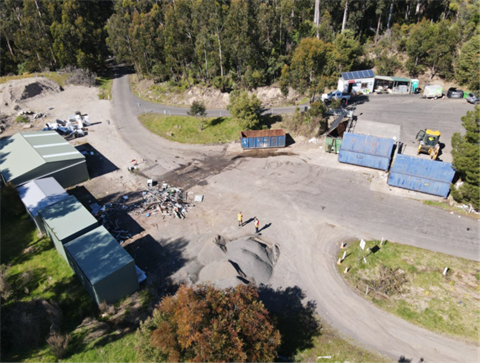Residents across the Blue Mountains have enthusiastically embraced the textile recycling scheme launched in 2023, recycling a total of 42.65 tonnes in just 11 months.
In April last year, Council partnered with Upcycle 4 Better (U4B) to offer free textile recycling at both the Blaxland and Katoomba Waste Management Facilities.
Blue Mountains Mayor, Cr Mark Greenhill shared his pride in this impressive milestone.
“I know we have an extremely well educated and committed community when it comes to living sustainably and protecting our environment, but the incredible take-up of this service has blown me and Council staff away,” Cr Greenhill said.
“In less than a year, our residents have diverted almost 43 tonnes of textiles from landfill, that is staggering. For context, that’s the equivalent of almost 42 Olympic swimming pools of material that won’t go to landfill and create unnecessary and harmful gases that damage the environment.
“Clothing and textile waste is one of the biggest contributors to landfill. The beauty of the service we’re providing in partnership with Upcycle 4 Better is that none of the materials end up in landfill.
“It is a true zero waste service, and it’s completely free for all residents to use.”
The textile recycling service is available via bin collection points at both of Council’s Waste Management Facilities.
The bins take clothes of any kind, accessories such as belts, hats and shoes, as well as home and outdoor soft furnishings, towels, sheets, cushions, and even soft toys.
All items dropped in the bins are sorted and reused by U4B in different ways, depending on their condition:
- Wearable clothing and items in good condition are sold for reuse. U4B sell the clothes wherever they’re most needed around the world and use that money to develop new recycling and upcycling programs.
- Unwearable or unusable items are sent for repair if possible or reprocessing as industrial cloths and recycling into products like flooring and rugs.
- The remaining items that can’t be recycled are used as processed engineered fuel for the construction industry.
Find out more about the textile recovery bins at bmcc.nsw.gov.au/waste
Photo: Bales of textiles ready for recycling






